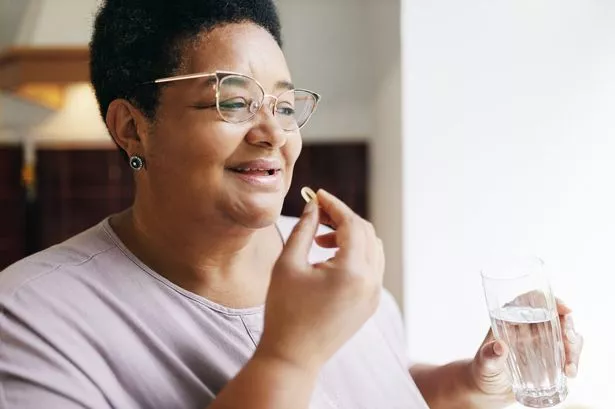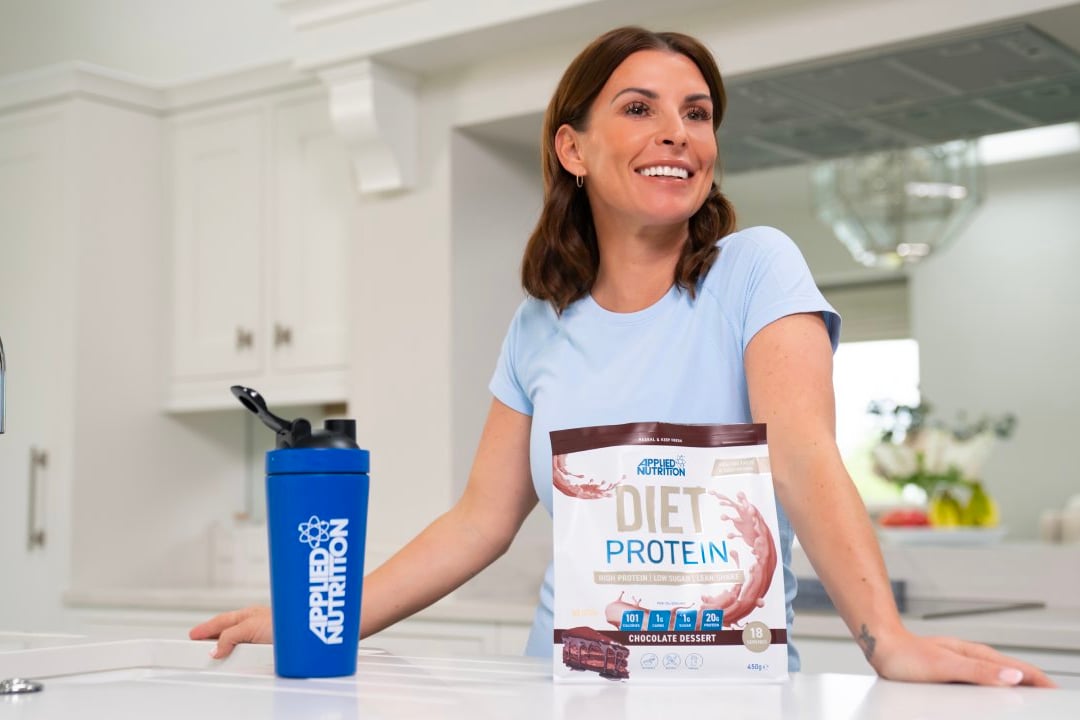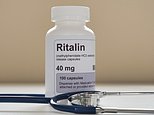A health expert has raised alarms about the potential dangers of excessive vitamin D supplementation. Dr. Suraj Kukadia, known as Dr. Sooj, emphasizes that high doses can lead to fragile bones, contradicting the widely held belief that more vitamin D always benefits health. His warning comes as many individuals rely on dietary supplements to meet their nutritional needs, particularly during the winter months.
Vitamin D is crucial for regulating calcium and phosphate levels in the body, which are vital for maintaining strong bones, teeth, and muscles. The NHS recommends supplementation during the autumn and winter when sunlight exposure, a natural source of vitamin D, is limited. A deficiency can lead to serious health issues, including rickets in children and osteomalacia in adults.
In a video shared on TikTok, Dr. Kukadia cautioned against prolonged use of high doses of vitamin D, stating, “Taking a really high dose of vitamin D for a prolonged period of time can make your bones more brittle.” This statement aligns with guidance provided by the NHS, which highlights the risks associated with excessive intake.
The NHS advises that the recommended daily dose of vitamin D for most adults is 10 micrograms (mcg), equivalent to 40 IU. Consuming more than 100 mcg daily can be harmful, leading to conditions such as hypercalcaemia, where excess calcium builds up in the body, potentially damaging bones, kidneys, and the heart.
For different age groups, the NHS outlines specific guidelines:
– Adults, including pregnant and breastfeeding women, and individuals over 60 should not exceed 100 mcg per day.
– Children aged 11 to 17 years should also adhere to this limit, while those between one and ten years should not surpass 50 mcg.
– Infants under 12 months should receive no more than 25 mcg daily.
The NHS further advises that individuals with certain medical conditions may not be able to tolerate high doses of vitamin D safely. “If in doubt, you should consult your doctor,” the NHS recommends. It is essential to follow a healthcare professional’s advice if an alternative dosage has been suggested.
Interestingly, overdosing on vitamin D through sun exposure is not possible. However, individuals should still take precautions to protect their skin during extended periods outdoors to prevent skin damage and reduce the risk of skin cancer.
Many foods also serve as excellent sources of vitamin D, which can help individuals achieve their recommended intake without the need for supplements. For more detailed information regarding vitamin D and its importance, individuals can visit the NHS website.
As winter approaches and people look to boost their vitamin D levels, it is essential to approach supplementation with caution. Understanding the appropriate dosages and potential risks can help ensure that individuals maintain their health without unintended consequences.







